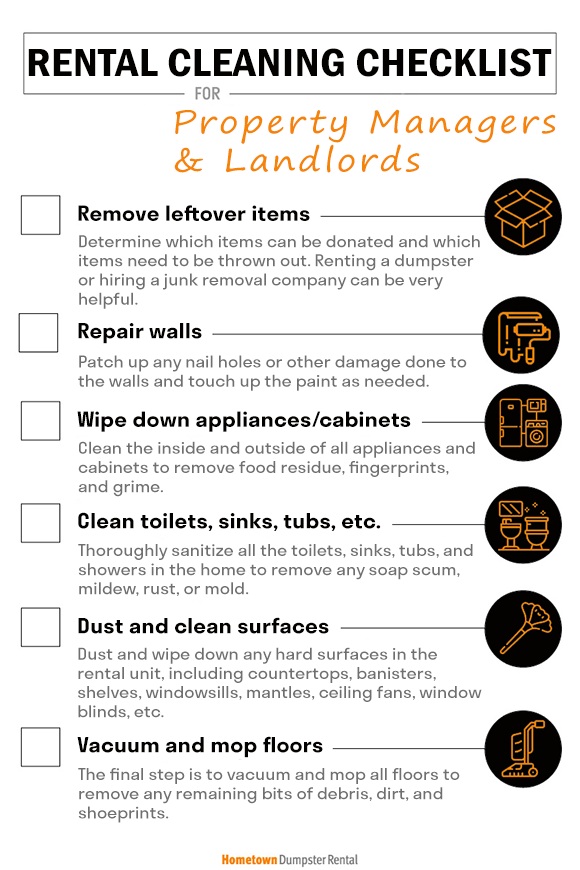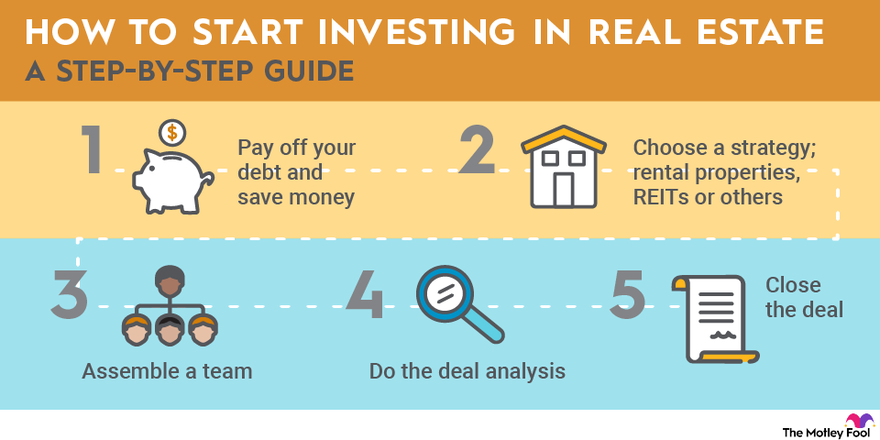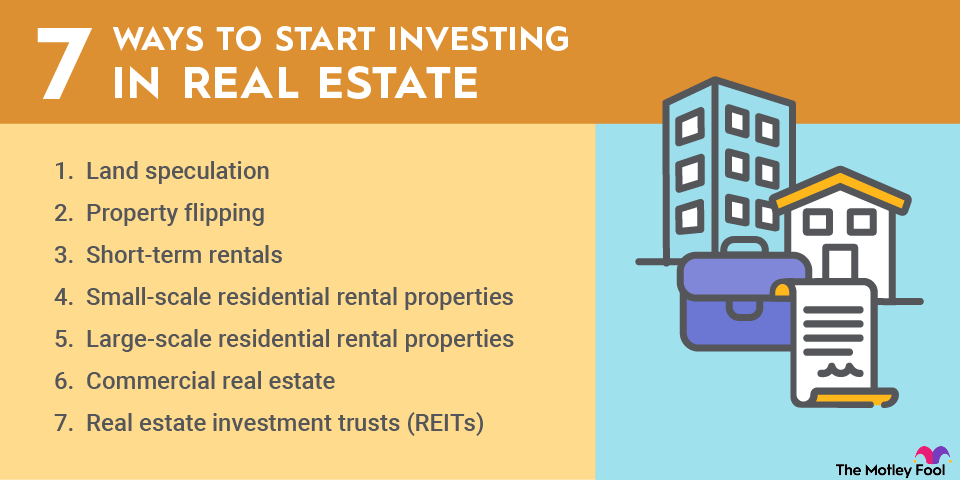Learn the ins and outs of property management with our expert advice on Rentals 101. Take control of your investments today!

Image courtesy of George Becker via Pexels
Table of Contents
- Introduction to Managing a Rental Property
- What is a Rental Property?
- Getting Started as a Landlord
- Finding the Right Tenants
- The Paperwork: Rental Agreements and More
- Regular Upkeep of Your Property
- Financial Management for Landlords
- Dealing With Problems
- Keeping Your Tenants Happy
- Exploring Advanced Property Management
- Conclusion: Start Your Property Management Journey
- Frequently Asked Questions (FAQs)
Introduction to Managing a Rental Property
To start an adventure in the world of rental properties, you’ll want some tips on how to be a great landlord. This is where you’ll learn the basics of taking care of a place people can call home.
Managing a rental property means being responsible for a place where people live but don’t own. As a landlord, your job is to make sure everything is in good shape and that your tenants are happy. Think of it as being like the boss of a special kind of house or apartment!
What is a Rental Property?
Rental properties are homes or spaces that people don’t own but can live in by paying rent to the owner. They are important because they provide a place for people to live in different neighborhoods.
Different Types of Rental Properties
There are different types of rental properties you can manage. Some examples include houses, apartments, or even commercial spaces. Each type has its unique features and requirements that make them special.
Getting Started as a Landlord
Being a landlord is a big responsibility, but it can also be a rewarding experience. As a landlord, your job is to make sure your tenants are happy and your property is well taken care of. Let’s take a closer look at what it means to be a landlord and the key responsibilities that come with the role.

Image courtesy of www.hometowndumpsterrental.com via Google Images
Understanding Landlord Responsibilities
As a landlord, you have several important responsibilities. One of the main tasks is collecting rent from your tenants. This money helps cover expenses such as property maintenance, insurance, and taxes. You’ll also need to ensure that the property is safe and well-maintained.
In addition to collecting rent and maintaining the property, landlords are also responsible for handling repairs and maintenance issues that may arise. It’s essential to address these issues promptly to keep your tenants happy and your property in good condition.
Another key responsibility of landlords is communicating with tenants. Whether it’s providing information about rent payments, addressing concerns, or handling disputes, good communication is crucial in building a positive relationship with your tenants.
Overall, being a landlord requires a combination of organization, communication, and attention to detail. By fulfilling your responsibilities, you can create a positive living experience for your tenants and maintain a successful rental property.
Finding the Right Tenants
Renting your property to nice, responsible people is super important. Learn some great ways to do that!
Screening and Applications
When you decide to rent out your property, it’s essential to find the right tenants who will take care of it and pay their rent on time. One way to ensure this is by screening potential renters. Screening involves checking their background, credit history, and references to determine if they are suitable candidates.
Start by asking potential tenants to fill out an application form. This form should include information such as their full name, current address, employment details, and contact information. It’s also a good idea to ask for references from previous landlords or employers.
Once you have received the applications, conduct background checks on the applicants. This may involve looking into their rental history, credit score, and criminal background. You want to make sure that they have a good track record of paying rent on time and taking care of the property.
It’s also a good idea to meet with potential tenants in person. This will give you a chance to get a feel for their personality and see if they would be a good fit for your property. Additionally, it’s important to clearly explain your expectations for the tenancy, such as rent payment dates, maintenance responsibilities, and any rules or policies you have in place.
The Paperwork: Rental Agreements and More
Having the right paperwork in place is crucial when managing a rental property. This paperwork not only protects you as the landlord but also ensures that your tenants understand and follow the rules. Let’s dive into the essential documents you’ll need to have in place.

Image courtesy of www.pinterest.com via Google Images
Creating a Fair Rental Contract
One of the most important documents you’ll need is a rental agreement or lease contract. This document outlines the terms and conditions of the rental, such as the monthly rent amount, due date, security deposit requirements, and rules for the property. It’s crucial to create a fair and comprehensive contract that clearly defines the rights and responsibilities of both the landlord and the tenant.
Ensure that the rental agreement includes details such as the duration of the lease, whether pets are allowed, rules for maintenance and repairs, and procedures for ending the lease. Make sure both parties thoroughly read and understand the contract before signing to avoid any misunderstandings down the line.
Additionally, consider including clauses for late rent payments, security deposit refunds, and property inspection schedules to protect your interests as a landlord. Remember, a well-written rental contract can help prevent disputes and ensure a smooth landlord-tenant relationship.
Regular Upkeep of Your Property
Your property has to be kept in tip-top shape. We’ll show you the to-dos to keep your property looking great and working right.
Maintenance Checklist
Maintaining your rental property is essential to keeping it in good condition and ensuring your tenants are happy. Here’s a simple checklist to help you stay on top of property upkeep:
1. Inspect the property regularly for any signs of damage or wear and tear. Look out for leaking faucets, broken appliances, or cracks in the walls.
2. Keep the landscaping neat and tidy by mowing the lawn, trimming bushes, and pulling weeds. A well-kept exterior adds curb appeal to your property.
3. Test all safety features, such as smoke detectors and carbon monoxide detectors, to make sure they are in working order.
4. Check the HVAC system and replace air filters regularly to maintain proper air quality and keep energy costs down.
5. Keep common areas clean and clutter-free to create a welcoming environment for your tenants and their guests.
6. Address any maintenance requests from your tenants promptly to prevent small issues from turning into major problems.
By staying on top of property maintenance, you can protect your investment, keep your tenants happy, and ensure a positive rental experience for everyone involved.
Financial Management for Landlords
Money matters can be a bit tricky, but as a landlord, it’s essential to have a good understanding of how to manage your finances wisely. By taking care of the cash flow in the right way, you can ensure that your rental property remains profitable and well-maintained.
Image courtesy of www.apogeetx.com via Google Images
Budgeting for Expenses
One of the most important aspects of financial management for landlords is budgeting for expenses. It’s crucial to set up a plan for the money that will cover all the costs associated with your property. These expenses can include mortgage payments, property taxes, insurance, maintenance and repairs, utilities, and property management fees.
Creating a comprehensive budget will help you track your income and expenses, allowing you to see where your money is going and identify any areas where you can cut costs or increase revenue. By staying on top of your budget and adjusting it as needed, you can ensure that you have enough funds to cover all your obligations while still generating a profit.
It’s also a good idea to set aside a portion of your rental income for unexpected expenses or emergencies. Having a financial cushion will help you deal with any unforeseen repairs or maintenance issues that may arise without putting a strain on your finances.
By maintaining a well-planned budget and staying organized with your financial management, you can set yourself up for success as a landlord and ensure the long-term profitability and sustainability of your rental property.
Dealing With Problems
Sometimes things don’t go according to plan, but as a great landlord, you’ll know how to handle any issues that come your way. Here, we’ll show you how to deal with problems like a pro.
When Things Break
It’s common for things to break or stop working in a rental property. When this happens, it’s essential to address the problem promptly and efficiently. Here’s how you can tackle maintenance issues:
1. Assess the Situation: When you receive a complaint about something not working in the property, assess the issue first. Determine the severity of the problem and decide whether it requires immediate attention.
2. Contact the Right Professionals: For complex issues that you can’t fix yourself, such as plumbing or electrical problems, contact qualified professionals to handle the repairs. Make sure to work with reputable service providers who can deliver quality work.
3. Communicate with Tenants: Keep your tenants informed about the progress of the repairs. Let them know when the issue will be resolved and if there are any temporary inconveniences they need to be aware of.
4. Follow Up: After the repairs are completed, follow up with your tenants to ensure that everything is working correctly. It’s essential to address any concerns they may have and make sure they are satisfied with the outcome.
By taking proactive steps to address maintenance issues promptly and effectively, you can demonstrate your commitment to providing a safe and comfortable living environment for your tenants.
Keeping Your Tenants Happy
Happy tenants make a happy landlord. We’ll give you cool ideas on how to make sure your renters love living in your property.
| Topic | Description |
|---|---|
| Setting Rent Prices | Determine competitive rates based on location, property size, and amenities. |
| Advertising Rentals | Use online platforms, social media, and signage to reach potential tenants. |
| Screening Tenants | Perform background checks, verify income, and contact references to find reliable renters. |
| Creating Lease Agreements | Clearly outline rental terms, fees, and responsibilities in a legally binding contract. |
| Collecting Rent | Establish a payment schedule, offer convenient options, and enforce late fees if necessary. |
| Maintaining Properties | Regularly inspect units, address repairs promptly, and keep common areas clean and safe. |
| Handling Tenant Concerns | Be responsive to requests, provide clear communication, and resolve disputes diplomatically. |
| Understanding Landlord-Tenant Laws | Stay informed about local regulations, eviction procedures, and fair housing laws. |

Image courtesy of www.fool.com via Google Images
Tips for Positive Landlord-Tenant Relationships
Building a strong relationship with your tenants is key to keeping them happy. Here are some tips to foster a respectful and friendly bond:
- Communication is Key: Make sure to respond promptly to any concerns or questions your tenants may have. Being approachable and accessible can go a long way in creating a positive atmosphere.
- Show Appreciation: A small gesture like a handwritten note or a holiday gift can show your tenants that you value them and appreciate their tenancy.
- Be Fair and Consistent: Treat all your tenants equally and stick to the rules laid out in the rental agreement. Consistency breeds trust and helps maintain a harmonious relationship.
- Address Concerns Promptly: If an issue arises in the property, handle it swiftly and efficiently. Showing your tenants that you care about their comfort and safety will make them feel valued.
- Respect Their Privacy: Always give your tenants advance notice before entering the property for inspections or repairs. Respecting their personal space shows that you respect them as individuals.
Exploring Advanced Property Management
For those who want to take their property management skills to the next level, there are some advanced tips and tricks to explore. Let’s dive into some more ways to be a pro at managing rental properties.
Using Property Management Software
If you’re looking for a high-tech way to streamline your property management tasks, property management software can be a game-changer. These computer programs are designed to help you stay organized, keep track of important information, and stay on top of everything that goes into managing rental properties.
With property management software, you can easily keep records of maintenance requests, track rent payments, communicate with tenants, monitor expenses, and more. By using technology to manage your properties, you can save time, reduce the chances of errors, and ensure that everything is running smoothly.
Conclusion: Start Your Property Management Journey
After diving into the world of rental properties and learning all about how to manage a rental property, you’re now equipped with the knowledge to become a fantastic landlord. It’s time to take that first step into this exciting adventure!

Image courtesy of www.fool.com via Google Images
Remember, being a landlord comes with great responsibility, but it can also be incredibly rewarding. By following the tips and guidance provided in this guide, you’ll be well on your way to creating a safe and welcoming home for your tenants while ensuring your property stays in top-notch condition.
Whether you’re just starting out or looking to enhance your property management skills, always keep in mind the importance of clear communication, regular upkeep, and building positive relationships with your tenants. These are the keys to success in the world of real estate rentals.
So, don’t wait any longer. Start your property management journey today with confidence and enthusiasm. The road ahead may have its challenges, but with dedication and the right knowledge, you’re sure to excel as a landlord!
Frequently Asked Questions (FAQs)
Got more questions? We have answers! A list of common questions and answers for easy help.
What is a rental property?
A rental property is a place that someone owns and allows other people to live in in exchange for money. It can be a house, apartment, or any other type of living space that is rented out to tenants.
What are the different types of rental properties?
There are various kinds of rental properties you can manage, such as houses, apartments, or even vacation rentals. Each type has unique characteristics and appeals to different kinds of tenants.
How can I find the right tenants for my property?
To find the right tenants, you can start by screening and checking their background to see if they are responsible and reliable. You can also ask for references and use rental applications to learn more about potential renters.
What should be included in a rental contract?
A fair rental contract should include details about the rent amount, lease duration, responsibilities of both the landlord and the tenant, rules about pets and maintenance, and any other important agreements that protect both parties.
How can I keep my property in good condition?
To maintain your property, you should create a maintenance checklist that includes regular tasks like fixing leaks, painting, checking appliances, and making sure the property is safe and comfortable for your tenants.
How should landlords deal with problems that arise in their properties?
When issues arise, landlords should address them promptly and professionally. It’s essential to communicate openly with tenants, hire qualified professionals for repairs, and follow the laws and regulations related to property maintenance and tenant rights.
What are some tips for building positive relationships with tenants?
To keep your tenants happy, you can be respectful and responsive to their needs, communicate clearly and effectively, treat them fairly, and create a welcoming environment that feels like home.
How can property management software help me in managing my rental properties?
Property management software can assist landlords in organizing rental listings, screening tenants, managing finances, scheduling maintenance, and keeping track of important documents, making it easier to stay on top of everything and have a smooth rental process.
Idaho Poperty Management
